Human Metapneumovirus (HMPV) – Everything You Need to Know
What is Human Metapneumovirus (HMPV)?
Human Metapneumovirus (HMPV) is a common respiratory virus from the Pneumoviridae family, closely related to the Respiratory Syncytial Virus (RSV). Despite being discovered just two decades ago, evidence shows HMPV has been a global cause of respiratory infections for over 50 years.
HMPV primarily affects the respiratory system, with symptoms often mimicking the common cold or flu. While most cases are mild, vulnerable groups can experience severe complications like bronchiolitis or pneumonia.
Enquiry form for HMPV
Symptoms of HMPV
Symptoms of HMPV vary in severity but typically include:
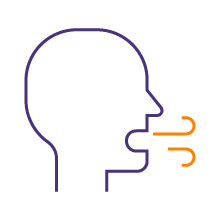
Persistent cough
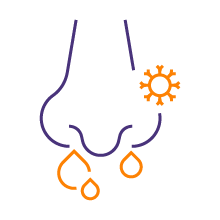
Nasal congestion and runny nose
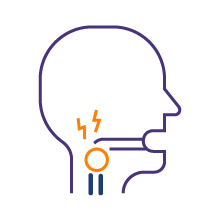
Sore throat

Fever
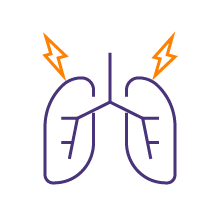
Wheezing
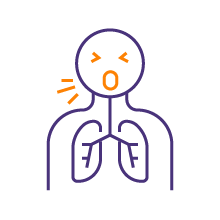
Shortness of breath(dyspnea)

In rare cases, a rash may occur
These symptoms can worsen in high-risk groups, emphasizing the need for early diagnosis and care. In severe cases, it can lead to complications such as pneumonia or bronchitis.
How Does HMPV Spread?
HMPV is highly contagious and spreads through
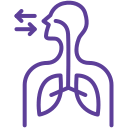
Respiratory droplets
When an infected person coughs or sneezes.

Contact with contaminated surfaces
Touching your face after contact with a contaminated object.

Close personal contact
Shaking hands or hugging someone who is infected.
Diagnosis and Tests at RxDx Healthcare
RxDx Healthcare offers advanced diagnostic services for respiratory infections through clinical evaluation and laboratory testing. Our Molecular Biology (Real-Time PCR) test, the Respiratory Viral Essential Assay Panel, identifies multiple pathogens, including
Human Influenza A virus
Influenza B virus (Flu B)
Human respiratory syncytial virus (RSV)
Human Adenovirus (AdV)
Human metapneumovirus (MPV)
Human Rhinovirus (HRV)
Human parainfluenza virus (PIV)
SARS-CoV-2
With state-of-the-art facilities, we ensure precise and timely detection for effective care.
Treatment Options for HMPV
- Rest and adequate hydration
- Over-the-counter medications for fever and pain
- Oxygen therapy or hospitalization for severe cases
Our experienced healthcare professionals at RxDx design personalized treatment plans to ensure effective recovery.
Who is at Risk?
Certain groups are more susceptible to severe HMPV infections:
- Infants and young children
- Older adults (65+ years)
- Individuals with compromised immune systems
- Those with chronic respiratory conditions like asthma or COPD
If you or a loved one falls into any of these categories, it’s crucial to monitor symptoms closely and seek early medical intervention.
Preventive Measures
HMPV spreads through respiratory droplets, making hygiene a key preventive strategy. Reduce your risk by:

Washing hands frequently with soap and water

Avoiding close contact with sick individuals

Disinfecting commonly touched surfaces

Covering your mouth and nose with a tissue or elbow while sneezing
At RxDx, we encourage proactive health measures through our community health awareness programs.
RxDx Healthcare: Your Partner in Respiratory Health
At RxDx Healthcare, we provide comprehensive care for respiratory infections, including HMPV. Here’s how we can support you:
Diagnostic Testing
Advanced tools like PCR and antigen tests ensure precise results.

Medical Consultation
Access our experienced pulmonologists and infectious disease experts.
Personalized Treatment Plans
Tailored to your symptoms and health needs.

Convenient Locations
Easily accessible clinics across Bengaluru.
FAQs About HMPV
Is HMPV Contagious?
Yes, HMPV is highly contagious and spreads through respiratory droplets or contact with contaminated surfaces.
How Long Does HMPV Last?
Symptoms typically last 7–10 days but may extend in severe cases.
Is HMPV Seasonal?
Yes, HMPV infections are more common during late winter and early spring.
How Can I Prevent HMPV?
Preventive measures include regular handwashing, wearing masks in crowded spaces, and avoiding close contact with infected individuals.
Can Adults Get HMPV?
Yes, adults, especially those with weakened immune systems or chronic illnesses, can contract HMPV.
What Should I Do If Symptoms Worsen?
Seek medical attention immediately if you experience difficulty breathing, high fever, or severe chest pain.

